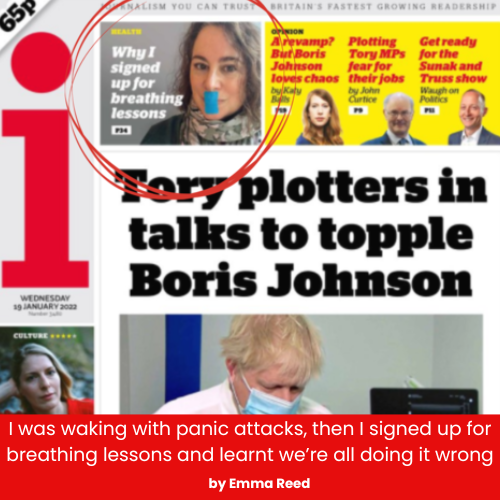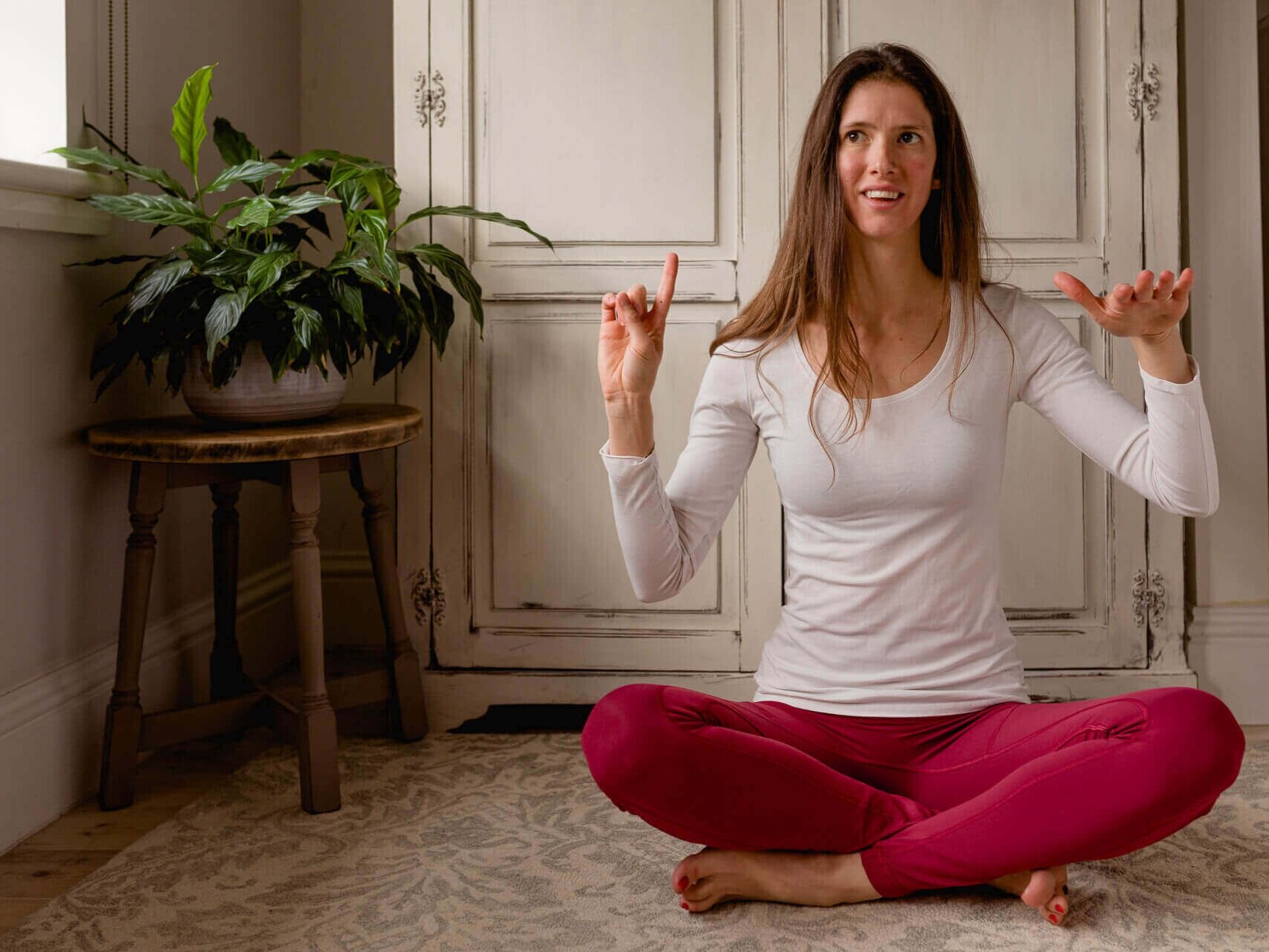Are you concerned about your child’s breathing habits?
I believe that to help a child retrain their breathing habits, their family must do the same.
Are you noticing your child:
mouth breathing
snoring
feeling breathless or anxious?
How a child breathes, swallows and chews whilst their face is still developing impacts the optimal development of their airways, facial structure and the function of their jaw.
Please note: I do not work with children alone, only alongside at least one participating adult, preferably all adults in the family home.
We can work via Zoom or in person. I’m based in Bicester, Oxfordshire.

Meet Jane Tarrant, Breathing Retrainer & Healthy Breathing Habit Educator, working with families.
Author of educational children’s book ROSE LOSES HER NOSE:
My Mission:
To lead global education on healthy breathing & breathing retraining in a simple, accessible way.
If only my parents had known I could retrain my breathing habits as a child…
I now have a four year old child. I feel so much better prepared to support her breathing education and retraining where necessary, but here’s my story:
I’d known since around age 7 that my nose felt too small to breathe through, but I trusted my parents, teachers, doctor or dentist to tell me if mouth breathing was an issue. I was quite clearly breathing through my mouth and snoring from a young age. Surely they’d have told me?
I’d like to point out that I do not blame my parents for not knowing about healthy breathing habits, just as I have no judgement for any parents nowadays. My story is only one of the reasons I am so passionate about spreading healthy breathing education, especially for parents. I see the impact of this lack of education every day.
As a child I struggled with energy, feeling fatigued even after long sleeps, panic attacks from the age of 12, persistent rhinitis (like bubbles in my nose exploding in my head) shortly after, the need for widening braces to create space for my tongue in my mouth (better for facial structure than removing teeth), incorrect forward thrust swallowing and feeling held back in sports, despite being one of the fittest children in my year.
I was diagnosed with sport induced asthma and given an inhaler, when I finally enquired about not being able to breathe when I had been running for help. This is now known to be a panic attack coupled with an over-breathing habit (upper chest breathing, mouth breathing, fast breathing, forward head posture etc.) and reduced airway size due to the way my face developed as a mouth breather. My jaw locked up after having braces to try to bring my lower jaw forward. This is something which I could have addressed as my face was developing rather than waiting until 12 for braces.
As an adult, I experienced my straight teeth becoming crooked again and the front top teeth pushing forward. No orthodontist or dentist had told me to address my incorrect forward thrust swallow or to retrain my breathing habits, including retraining my resting tongue position.
In addition to this, I experienced increasing anxiety coupled with high stress working in high pressure roles in London and Oxford, without the tools to know how to manage this. Then came the IBS, pelvic floor pain due to excessive tension and jaw tension. I was a chronic snorer and ‘clicker’ in my sleep and still a mouth breather by habit.
I eventually learned that I could retrain my breathing. Ever since that day I’ve been obsessed with this topic. I literally live and breathe (excuse the pun) healthy breathing habits. I am so passionate about breathing retraining and healthy breathing education, knowing the life changing impact it can have
Early intervention orthodontics from age 6:
If you’d like more information on private child orthodontics or laser tongue tie procedures, please visit the website of The Orthodontic Specialist.
You can read more about my Breathing Retraining in The Guardian and The i Paper.
Connect on LinkedIn to better get to know me if you’d like.
How can breathing retraining benefit you and your children?
Feel Healthier
Experiencing unhealthy breathing related symptoms? Snoring, panic attacks, anxiety, fatigue, foggy brain, breathlessness, asthma, poor sleep, tired muscles? Retraining your 24/7 breathing habits is crucial.
Feel Empowered
We often don’t realise what tools are within our control. By understanding yourself and your breathing better, you can adapt how you perform, respond and feel. Wouldn’t you like to know how to utilise these tools?
Feel Safe
Our bodies react to stressors all day long. You can use breathing awareness to notice when your body does not feel safe and consciously control your breathing until you notice a positive calming change.
Parents who retrain their breathing habits with me feel empowered to achieve things they’ve never felt capable of before…
Do you feel unable to switch off from stressful work and family life without alcohol?
Do you find your breathing uncomfortable whilst running?
Do you feel tense in your neck and shoulders?
Do you feel anxious and experience panic attacks?
Do you fear breathlessness on stairs?
Are you no longer sleeping next to your partner?
Testimonials for Breathing Retraining
What is 24/7 breathing retraining?
Breathing retraining with LiNK BREATHING is the process of taking breathing habits back to basics, improving awareness, addressing unhealthy habits and gradually training new healthier breathing habits over time. Conscious breathing habits then influence subconscious breathing habits, resulting in powerful changes to mood, productivity, sleep, concentration, physical performance and relationships. This results in healthier breathing habits all day and all night, aka 24/7.
What are unhealthy breathing habits?
You may recognise the following unhealthy breathing habits as part of your usual breathing patterns.
Mouth breathing
Snoring
Sleep apnoea
Over breathing or hyperventilation
Shallow breathing
Fast breathing
Upper chest breathing during rest
Restricted diaphragm breathing
Intermittent breathing
Regular sighing or yawning
Regular stress breath holding e.g. during emails 'aka email apnoea'
We breathe more than 20,000 times per day. Imagine if those 20,000 were just slightly healthier each time. That is incremental improvement with very little effort.








